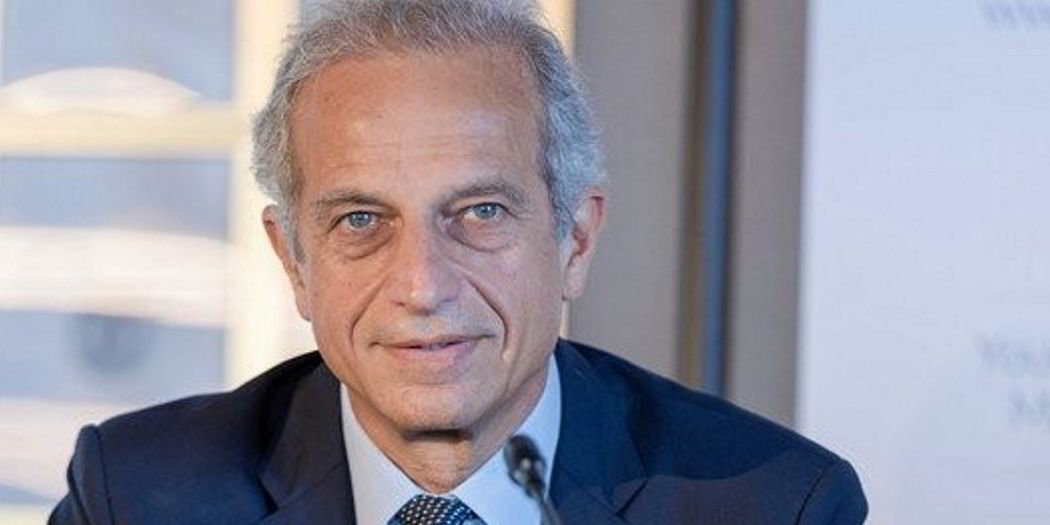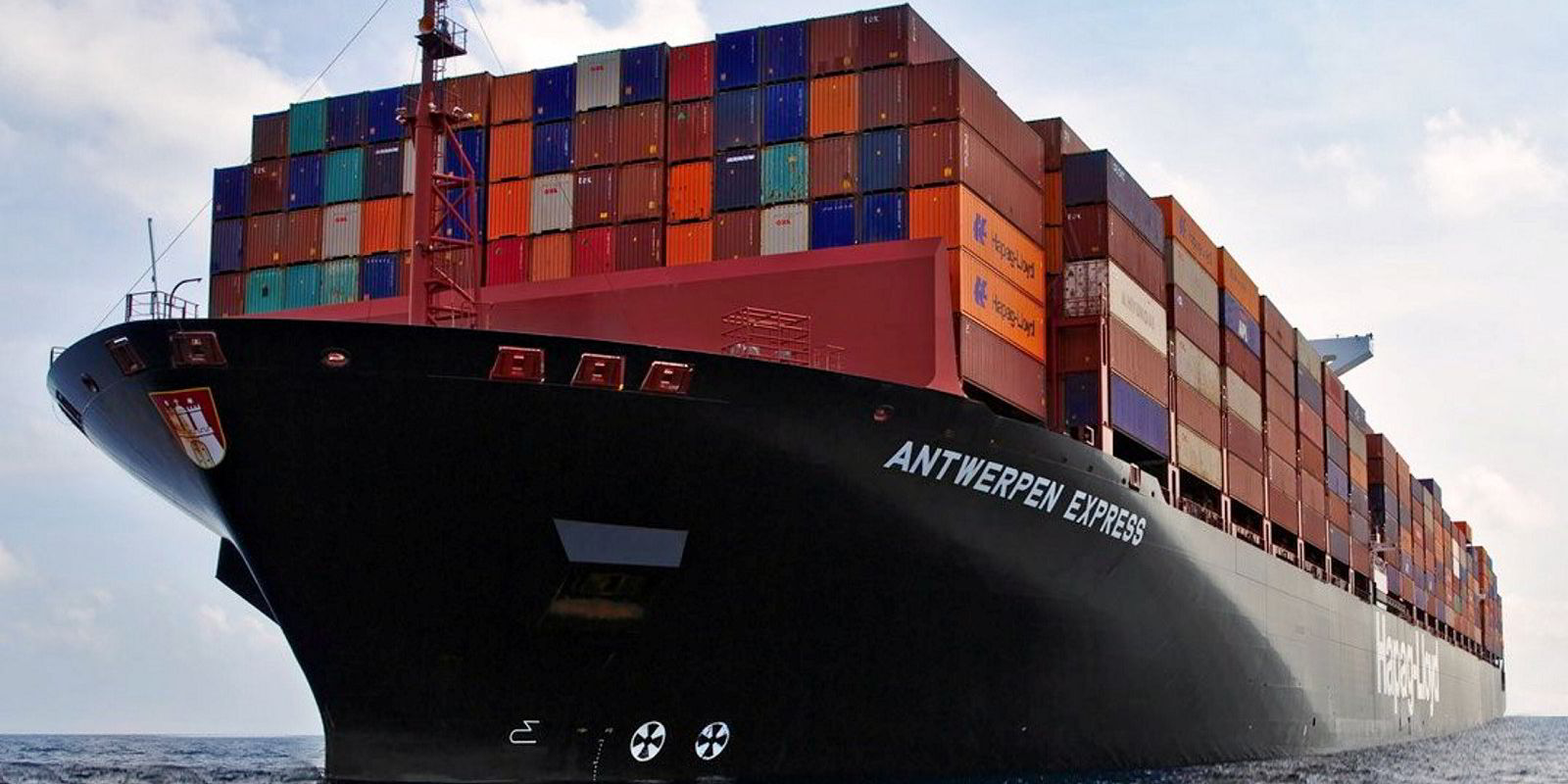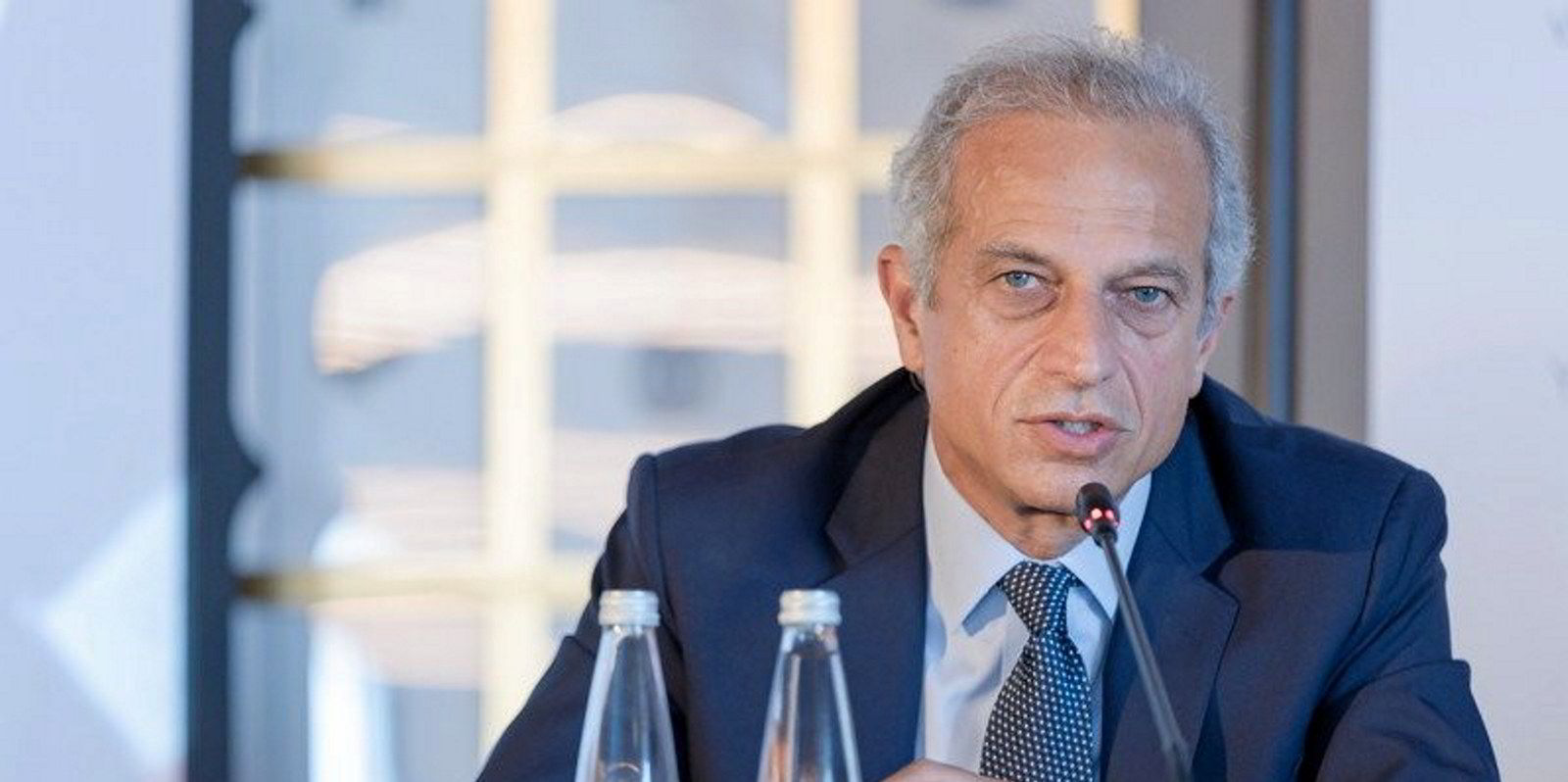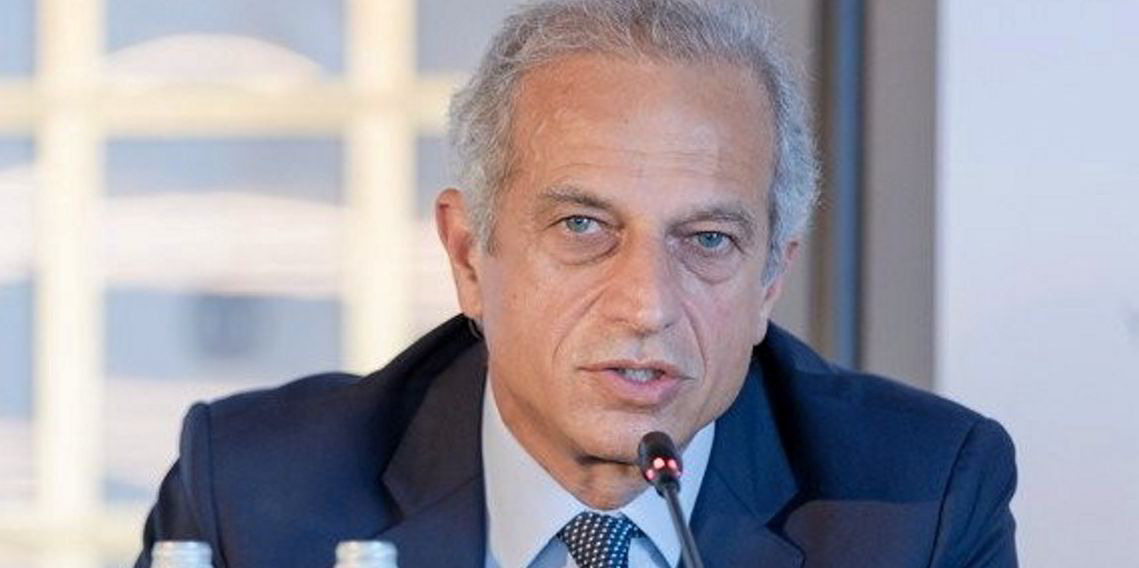Euroseas trebled profits but is bracing for the deliveries of a large number of container ships next year.
The Athens-based, Nasdaq-listed tonnage provider reported a net profit of $25.2m for the three months ending on 30 September, up from $8.5m in the same period last year.
Net revenues doubled to $46m for the quarter.
The improvement was due to the larger fleet and higher charter rates negotiated at the top of the market.
Euroseas owns and operates 18 boxships, mostly feeders but including a handful of traditional panamaxes.
These earned an average time charter rate of $30,893 per day in the third quarter, up from $19,482 per day a year earlier.
Chief executive Aristides Pittas noted that charter rates have fallen 80% from their all-time highs.
“Still, present charter rates are, for the segments we operate, more than double the average rates during 2019, the year before the pandemic,” he said.
“In any event, the explosion of charter rates from late 2020 to August 2022 has allowed us to charter all our vessels at very profitable rates.”
$450m backlog
Euroseas’ fleet has been fixed for periods of three years or more, “creating a backlog of contracted revenues in excess of $450m”, Pittas added.
The challenge is for the market to absorb the newbuilding orderbook, he said.
The orderbook stands at nearly 29% of the existing fleet, but the smaller feeder sector could be buffered against the worst impact.
Most of the ships to be delivered from the second half of 2023 are heavily concentrated on the larger container ship segments “and much less so on the feeder size segments we operate”, he said.
The global feeder fleet is older, he said, and more likely to be affected by the greenhouse gas regulations being introduced next year.
This would further mitigate the supply growth for the segment.
Euroseas has newbuilding orders for nine eco feeder vessels of 1,800 teu and 2,800 teu.
Two of the 2,800-teu vessels slated for delivery in the first half of next year have already been contracted for a minimum of three years at $48,000 per day.
“These orders will assist our transitioning into one of the most environmentally friendly feeder operators,” Pittas said.
“We continuously evaluate investment opportunities that might emerge as the market conditions change.
“But we only focus on potential acquisitions which will not require above-average future charter rates to be accretive.”







